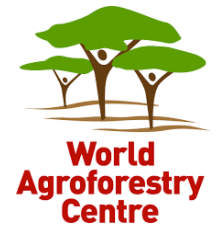ASEAN Foresters Need Closer Integration

As originally posted on worldagroforestry.org
The representatives from Indonesia, Thailand and Viet Nam discussed the achievements and challenges of their respective national social-forestry programs at a seminar organised by the ASEAN Working Group on Social Forestry in Jakarta as part of a social-forestry festival hosted by the Indonesian Ministry of Environment and Forestry.
‘There are some similarities and some differences between the countries in how they implement their community or social forestry’, said Ingrid Öborn, moderator of the seminar and regional coordinator of ICRAF The World Agroforestry Centre Southeast Asia. ‘Some are well developed and others not so much. This seminar has been a good opportunity to learn from each other; it has highlighted the need for more such exchange of experiences around the region’.
In her introduction, Öborn pointed out that different countries called the practice of local people managing forests by different terms, such as ‘social’ or ‘community’ forestry. Each country also administered the practice differently. Partly, she said, this reflected the mixed landscapes that characterised the region from coastal zones to sloping uplands, typically consisting of part forest, part agriculture and part settlement with many different ethnic groups, cultural mores and histories. Social forestry didn’t operate the same everywhere nor should it because each case was unique with its opportunities and resources.

